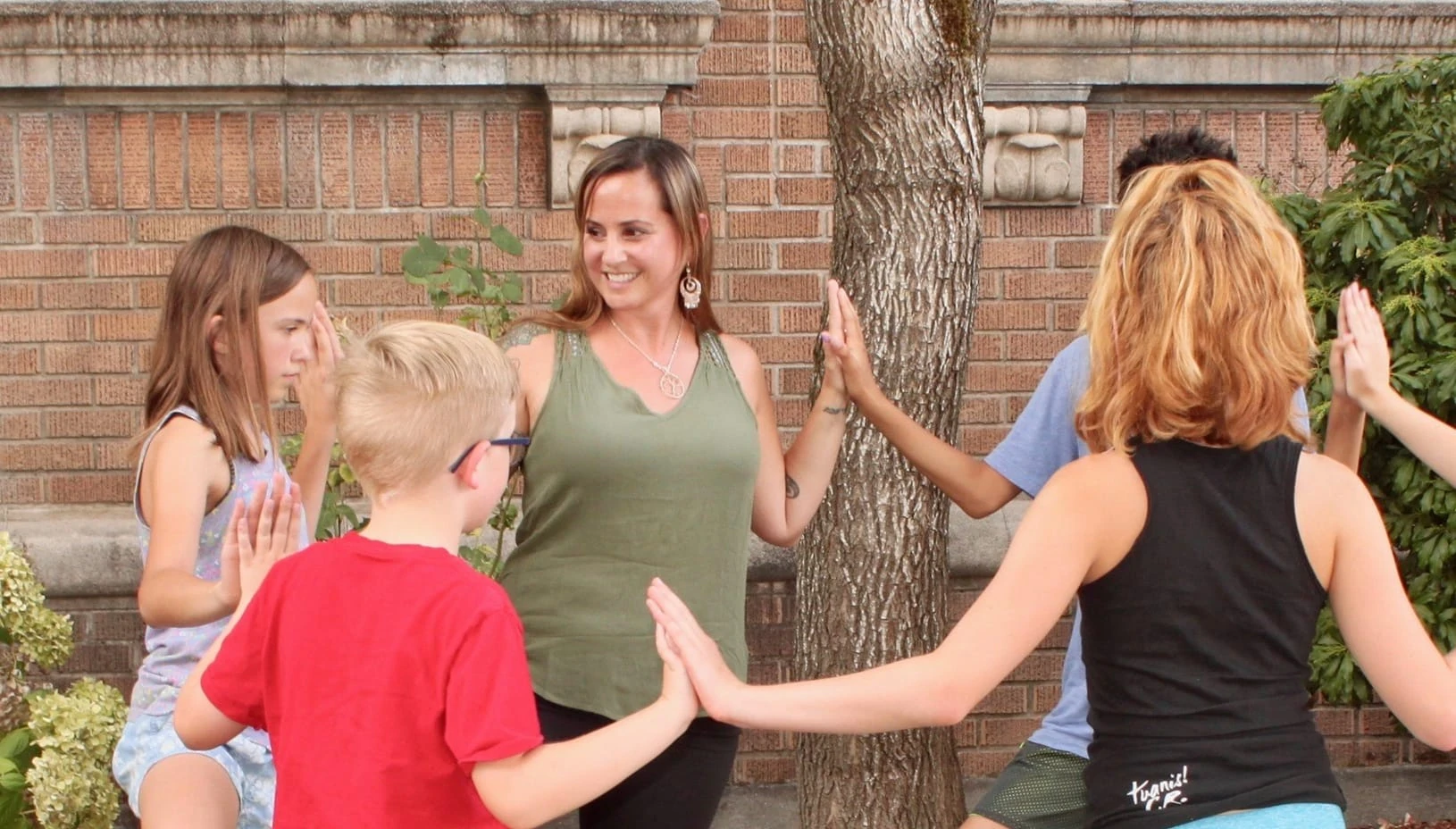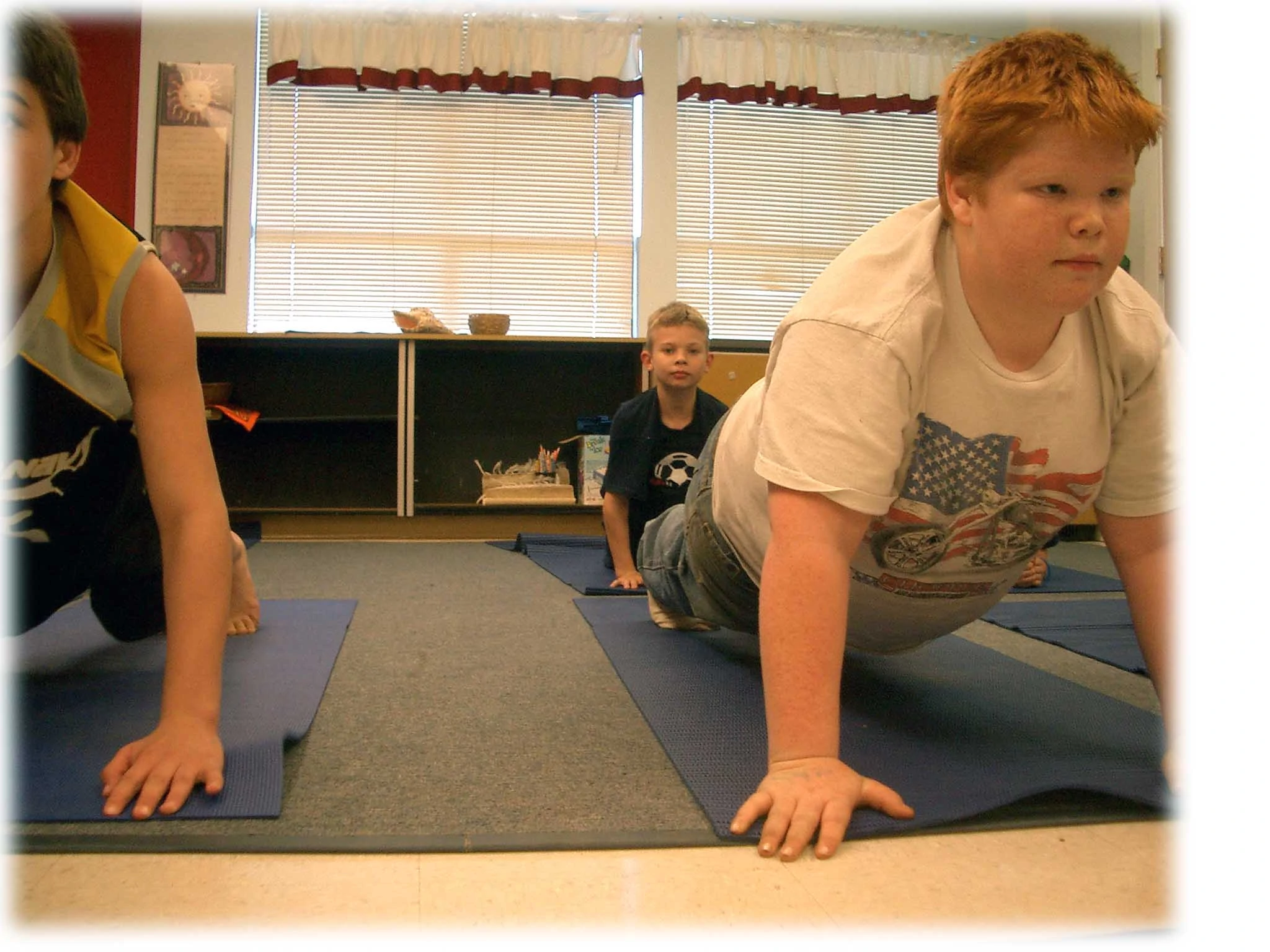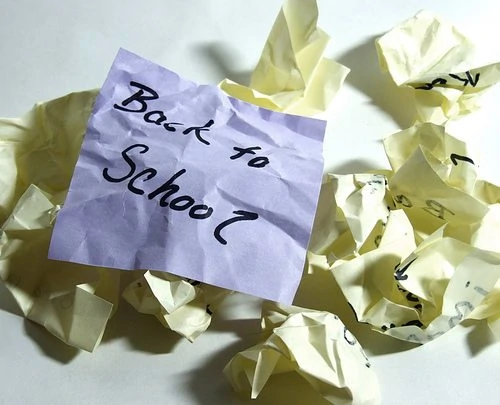Children are so perceptive, so often aware of things that we “grownups” may not be tuned into. They know when something is wrong. They may not be able to say what it is or why it is, but they pick up on our attitudes, feelings and values. It’s one of the ways they learn from us.
Unfortunately, this is the time of year when what many of us are is stressed out.
Those of us who are teachers, school counselors, administrators or staff are learning new names and faces, and getting to know dozens of new students and parents. We’re cranking out class plans, jockeying for scarce resources, working to meet federal and state education mandates. Parents and families are adjusting to new schedules and competing demands of children’s school and afterschool activities.
While some of that stress is negative, some aspects, of course, are positive. This is an exciting time of year, ripe with new possibilities. But when it comes all at once with no let-up, it can place a heavy burden on our shoulders. And the children around us are likely aware of this – which, in turn, can add to their stress.
Obviously, it becomes even more important that we do what we can to deal with our own.
As we mentioned in previous blogs, yoga itself can be a big help.
One of the benefits of sustained, regular yoga practice, however, is that it trains both the mind and body to stay calm. It instills and reinforces the mindfulness that can become a powerful force against the pressures of daily life. It rejuvenates and restores, making us better able to face the tasks and challenges each day brings. It provides an antidote against stress.
Like any kind of exercise, yoga can be an outlet: a means of release of tension, nervous energy and negative thoughts. Even the simplest yogic acts of breath regulation can bring a sense of calm and stability in an otherwise chaotic world.
evanbdudley/Flickr
Three other skills in particular can help you manage stress effectively – skills that stem from the practice of yoga or are part of the Yoga Calm curriculum:
Sense of Control
Negative stress often comes with the feeling of life being out of control, of helplessness. But we must stop and ask: Is this really the case? Often, the problem is not with life but our perceptions of it. If we can develop a sense of control, we feel calmer and stronger, more able to handle challenges and hurdle obstacles. As the practice of yoga depends on the regulation of breath and body, it can nurture feelings of self-control – feelings summed up by one of our favorite sayings in Yoga Calm: I am strong. I am in control. I can do it. I can be responsible.
Self-control also involves being able to step back and evaluate a situation on its own terms: to see what is happening, how it is affecting you and what you can do to change the situation or deal with the problem. This is, of course, also part of the art of mindfulness that comes through the practice of yoga.
Social Connections
It’s easy to feel helpless when we feel alone. For this reason, social affiliation is another crucial component to dealing with stress. We need to know that we are not alone, that we are part of many communities – families, friends, work, social or civic groups and so on – and that we are important parts of those communities. In fact, it’s not only crucial to our mental wellbeing but to our physical health, as recent research has shown that
“the quality of a person’s social life could have an even greater impact than diet and exercise on their health and well-being. There is growing evidence that being a member of a social group can significantly reduce the risk of conditions like stroke, dementia and even the common cold.
Consequently, it’s important for us to make time for the relationships in our lives, or to establish social connections where we find them lacking.
Positive Attitude
Above all, it’s important to keep a positive outlook, which can organically arise from the practice of yoga, developing a sense of self-control and nurturing our social connections. These activities can create a positive feedback loop, boosting our spirits and our sense of possibility. And when we’ve got a good attitude, we’re much more resilient in the face of stress and other challenges. We can endure a lot if we’re happy. And our happiness can bolster that of those around us, creating another positive feedback loop and reinforcing our other strengths.
These are all qualities that can be nurtured through the practice of Yoga Calm, and shared with children so they, too, can become more stress-hardy. For more ideas on how to give this gift to children, please see our article “Stress-Proofing Kids through Yoga” (PDF).







